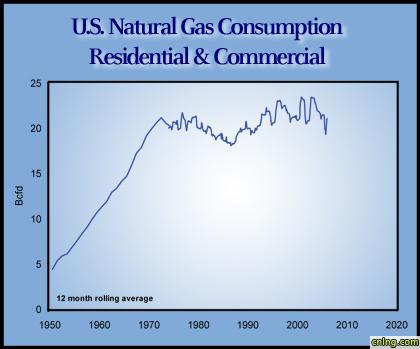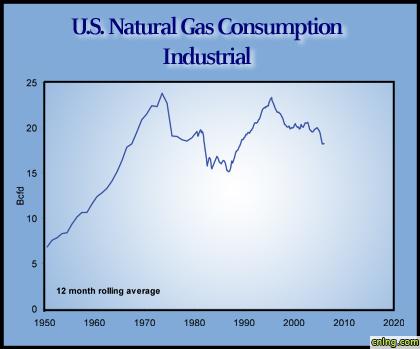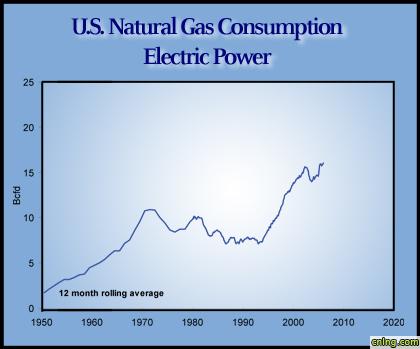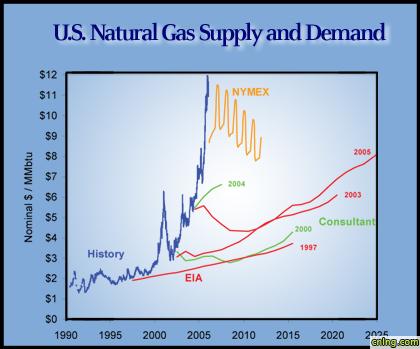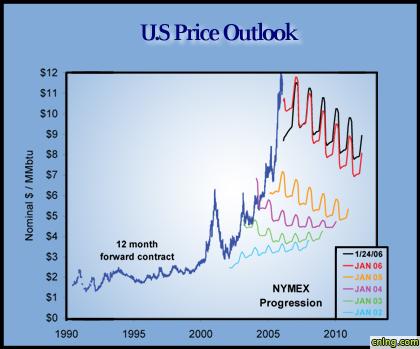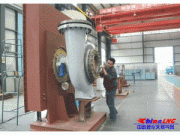免职声明:本网站为公益性网站,部分信息来自网络,如果涉及贵网站的知识产权,请及时反馈,我们承诺第一时间删除!
This website is a public welfare website, part of the information from the Internet, if it involves the intellectual property rights of your website, please timely feedback, we promise to delete the first time.
电话Tel: 19550540085: QQ号: 929496072 or 邮箱Email: Lng@vip.qq.com
摘要:Why is the demand for natural gas increasing?In part, it's due to new power plants. Stringent air-quality regulations and new, efficient technology have made natural gas the fuel of choice for power plants. As a result, there has been an incre..
|
Why is the demand for natural gas increasing? In part, it's due to new power plants. Stringent air-quality regulations and new, efficient technology have made natural gas the fuel of choice for power plants. As a result, there has been an increase in the number of gas fired-power plants built in recent years. Gas demand for electricity generation has increased 120 percent since 1993. The continued construction of new power plants is expected to boost gas demand by nearly 5 percent per year from now on, according to an article in the Feb. 28, 2003 issue of the Wall Street Journal.
Reduced natural gas supply Domestic natural gas production has peaked, with serious decline rates expected. According to one consulting firm, there has been only one significant gas discovery in the Lower 48 of the United States during the first 9 months of 2003, shocking many in the industry. Without significant new production finds, supplies will continue to decline in the Lower 48 of the United States. New domestic gas production is increasingly expensive. The U.S. Energy Information Administration (EIA) says that natural gas demand will increase by 30 percent in the next 10 years. Supply and demand must balance This will be done either through an increase in supply or a decrease in demand. If supply does not increase, gas prices will increase until gas users cut back use. Industries that depend on low energy prices such as chemicals, fertilizer, glass, metals and others, could shut down production and/or lay off employees. Many industries have already relocated to where they have dependable low energy prices.
|




